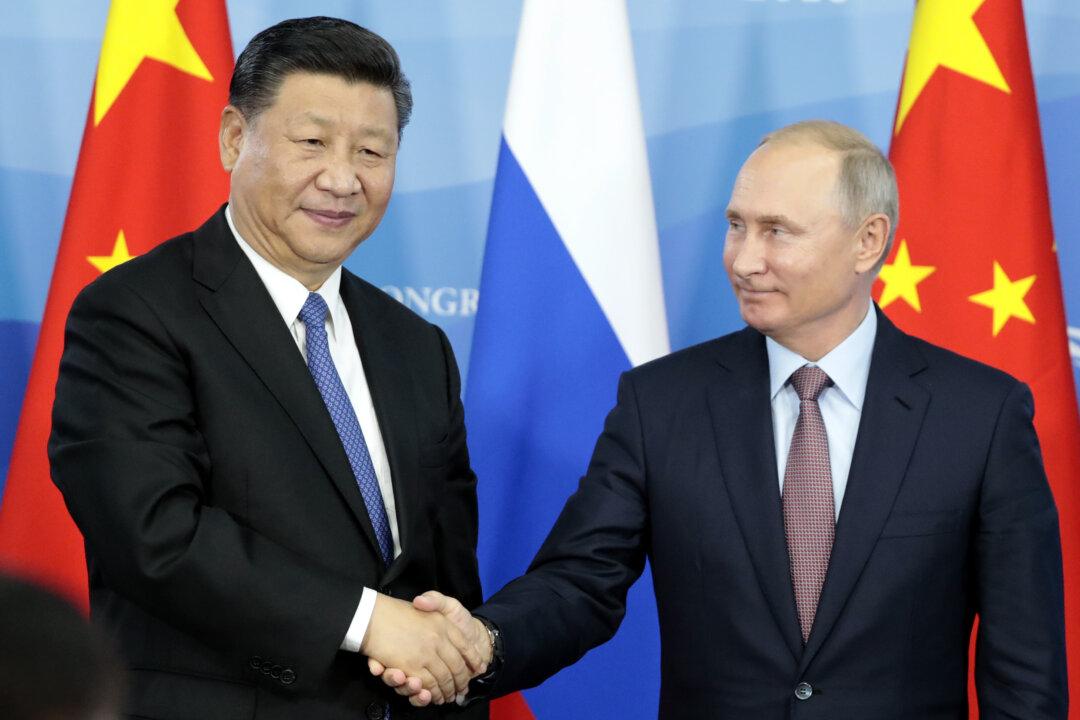In the past few decades, China and Russia have been working together to counter the United States, protect North Korea, and develop mutual economic ties. But Russian media outlets are expressing increasing scrutiny of Sino–Russian relations, according to a commentary by Japan’s Sankei Shimbun.
The Sankei article, published Nov. 15, notes that Russian dissatisfaction with China is on the rise due to perceptions that Chinese engagement with its northern neighbor has contributed little to the local economy and does not benefit Russia much.




